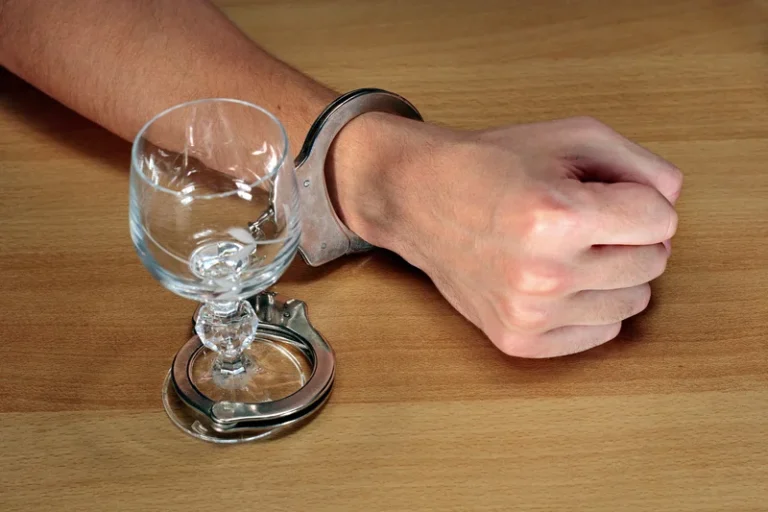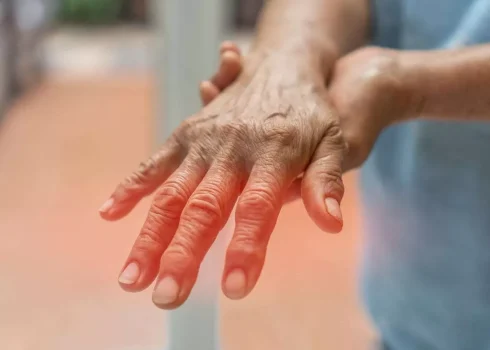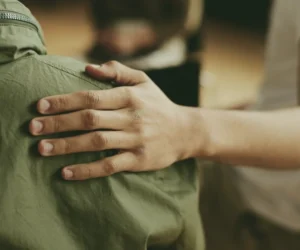
We must be aware of these potential triggers to maintain our recovery journey and stay on the path of sobriety. It is important to recognize these triggers and take steps to avoid them. This could include avoiding certain people or places or engaging in activities that help to distract. Therefore, a key aspect of recovery is identifying potential triggers and risk factors and avoiding them as much as possible.
- For additional support, work with your counselor or therapist on how to effectively deal with these reminders.
- Developing self-awareness, honing coping skills, and utilizing support systems are effective strategies for managing relapse triggers after exploring relapse and its coping strategies.
- As a result, it may help to list all the people, places, and things that cause you excessive stress.
- The path to sobriety is a long and difficult journey, and the process is different for everyone.
- This article offers a practical approach to relapse prevention that works well in both individual and group therapy.
- Getting appropriate treatment for these conditions will go a long way toward helping you process negative emotions and feelings of intense anxiety.
Top 10 Common Relapse Triggers
After removing the corticosterone-producing glands from the rats, researchers observed a lack of relapse behavior after triggering them with low doses of cocaine. In contrast, when they increased the corticosterone levels, unstressed rats showed relapse behaviors when https://ecosoberhouse.com/ triggered. In rats and humans, the hormone corticosterone increases the level of dopamine, a brain chemical that plays a major role in reward-seeking behavior, in the brain in response to stress. Cocaine and several other illicit drugs also boost levels of dopamine.

Cognitive Behavioral Therapy (CBT)
Talking openly about a lapse or relapse with a care team can help you develop and strengthen your relapse prevention plan and identify how to get back on track with your recovery goals. It can begin with an emotional relapse, followed by mental and then physical relapses. Awareness of thoughts, feelings, and behaviors can be indicators of where someone is and what they may need regarding recovery. Often, relapse will be preceded by a trigger that causes someone to start thinking about relapsing or creates a craving for a substance that was previously used. These triggers can be difficult to recognize and can completely disrupt a recovery if they lead to relapse. Recognition and avoidance of potential triggers will be a key part of any recovery process.

Physical Pain
A relapse is a return to drinking or drug use after attempts have previously been made to stop. Before getting to a full-blown relapse, however, a person may experience a lapse, described as the types of relapse triggers initial use of a substance after a period of recovery.4 The late addiction researcher G. According to Marlatt, what matters after a lapse is the person’s emotional response to the violation.
- The purpose of this rule is to remind individuals not to resist or sabotage change by insisting that they do recovery their way.
- Developing healthy coping mechanisms and self-care practices is essential.
- Both chronic and acute stress increase the risk of drug addiction and may be the most common triggers for relapse.
- Studies have shown that social support and connection play a crucial role in preventing relapse.

It also helps train your body to reduce post-acute withdrawal symptoms in the weeks or months after getting sober. If you’re a support group member, keep trusted group members or leaders’ information in your prevention plan. If you fear you are at imminent risk of relapsing, contact them immediately. The final stage is succumbing to temptation and engaging in drug or alcohol use again.

In addition, please check out my conference that I will be moderating in May as the information is posted on my website. Give yourself credit for each small gain you make — one week sober, one month off drugs, etc. For each goal you achieve, give yourself a reward as motivation to keep moving forward. For instance, book yourself a relaxing massage or buy yourself something you’ve had your eye on. To quantify this, the direct effect of family function on relapse tendency accounts for 65.20% of the total effect. Meanwhile, the total indirect effect, which is mediated through self-esteem and resilience, accounts for 34.80%.

Overconfidence in Recovery
- Recognize and educate yourself about the warning signs of relapse, such as a change in behavior, romanticizing past substance use, or self-imposed isolation.
- They can be emotional, environmental or mental, and often a trigger falls into multiple categories.
- Addressing mental urges can be an effective tool for preventing relapse, at least on a short-term basis.
If you find yourself stuck thinking about drugs or alcohol, it’s time to get your support system involved. Talk to a counselor, supportive friend or your sponsor to help remind you why you’ve chosen recovery. The growth stage is about developing skills that individuals may have never learned and that predisposed them to addiction [1,2]. The repair stage of recovery was about catching up, and the growth stage is about moving forward. Clinical experience has shown that this stage usually starts 3 to 5 years after individuals have stopped using drugs or alcohol and is a lifetime path. Developing strategies for processing and navigating difficult emotions is vital to prevent emotional turmoil from leading to a relapse.

No comment